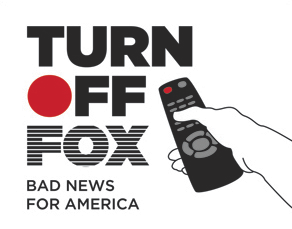What Every American Should Know About the Civil War
By Lewis Grossberger
April 17, 2011
The Civil War occurred some time after the American Revolution and before the start of American Idol.
It began with the South firing on Fort Sumter, which was of great strategic importance, so much so that it was never heard of again.
The war was fought over the issue of slavery, unless you are a white Southerner, in which case it was about either statesâ rights or predatory Northern banking practices; pick one.
The South seceded after Abraham Lincoln won the election of 1860. But everyone whoâd ever been to Washington knew heâd be president some day because theyâd seen that big statue of him on the mall.
The first major battle was fought in two different places. The Union army fought it at Bull Run, the Confederate army at Manassas. Because they couldnât get it right the first time, they had to fight a second battle of either Bull Run or Manassas.
At the first battle of that place, wealthy citizens of Washington in a holiday mood drove out with picnic baskets, expecting a nice afternoonâs diversion. Upset because no one had told them that in a war there would be loud noises, flying bullets, agony and death, they booed and left early.
But the battle got good reviews in all the Southern newspapers.
The Union wanted Robert E. Lee to be its top general but the South offered a bigger recruiting bonus and also promised that every highway and school in the Confederacy would be named after him.
Plus he loved the gray jerseys with the gold trim.
The North went with General McClellan, who had graduated from West Point with honors, such as the Most Likely to Prove Incompetent trophy.
The South won all the early battles. This made for a more compelling plot line and got the war renewed for three more seasons.
At the battle of Chancellorsville, General Stonewall Jackson was fatally shot by his own men, proving that his nickname wasnât very accurate.
After both sides agreed they had just one more famous battle in them before everyone was dead, the town of Gettysburg, Pa., got the nod from the selection committee and won the right to host. Ever since, it has made a very good living off the souvenir T-shirts and baseball caps.
Ordered by Lee to charge the center of the Union lines at Gettysburg, General Pickett grimly prophesied, âBob, this is not one of your better ideas.â
Lincoln was eager to deliver his Gettysburg address, knowing it was a killer speech, but wisely waited until the fighting was over.
New Yorkers celebrated the Union victory with a week of riots, arson and murder.
Tired of generals who seemed to enjoy losing, Lincoln finally appointed Ulysses S. Grant commander of the Army of the Potomac. Told that Grant was an alcoholic, Lincoln famously replied, âWho isnât?â
By 1864, everyone was really sick of the war, so General Grant ordered General Sherman to wrap things up by setting the entire Confederacy on fire. The tactic worked brilliantly but had the unforeseen side effect of infuriating Scarlett OâHara.
After the battle of Appomattox Courthouse on April 9, 1865, the South surrendered. When General Lee, with tears in his eyes, offered his sword, General Grant graciously refused, saying, âThanks, I already have one.â
Even today, echoes of the Civil War continue to resonate in our politics and culture. For instance, whenever someone whistles âDixie,â I punch him in the face.
*******************************************************************
Unfortunately, this is probably how this is being taught in our schools today.

OCU
